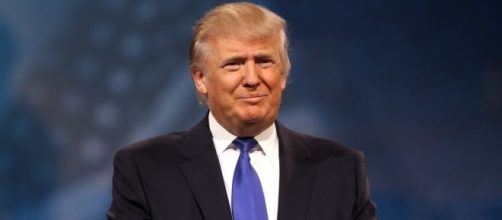Just hours before expiration, President Donald Trump’s administration decided to update its travel ban. In a proclamation signed on Sunday, the travel restrictions now include a couple of non-Muslim Majority Countries on top of all the nations listed in the original ban.
Updated list of banned countries
In the original ban by the president, five countries remained under restriction: Iran, Libya, Syria, Somalia, and Yemen. The new ban expanded to include Chad, North Korea, and Venezuela. The last two on the list are the first nations included that do not have Muslim-majority populations.
While Sudan has been dropped from the list, Somalia’s ban will be relaxed for non-immigrant visitors. Restrictions for Iranians will also be relaxed for students and exchange visitors. The new restrictions on Chad and North Korea are set as a broad ban on nationals. On the other hand, Venezuela restrictions apply only to government officials and their immediate families.
The changes made are set to take effect on October 18, but Sudan restrictions will be lifted immediately. This is due to the country’s cooperation with the U.S. government regarding national security.
Temporary measure for more permanent rules
Previous reports noted that the Trump administration’s original travel ban, signed during the first few days of his presidency, was meant to be a temporary measure. The administration put the ban in place as they craft more permanent rules regarding immigration.
The new restrictions are not meant to last forever, according to a senior administration official. However, they are “necessary and conditions-based,” and not “time-based.”
Trump’s critics argued over the constitutionality of the ban, saying that it was a way to deliver Trump’s promise of a complete shutdown of Muslim entrance into the U.S. However, his administration denied such claims, saying that the bans were based on security concerns regarding visitors from the countries with “failing or weak governments.”
A senior administration official said that the restriction was never based on race, religion, or creed. Rather, it was put in place due to the non-compliance of their government to the U.S.
basic security requirements.
American Civil Liberties Union executive director Anthony Romero said that adding North Korea and Venezuela to the list does not fix the core problem of the travel ban. He said that targeting Muslims “cannot be cured by throwing other countries onto his enemies list.”


